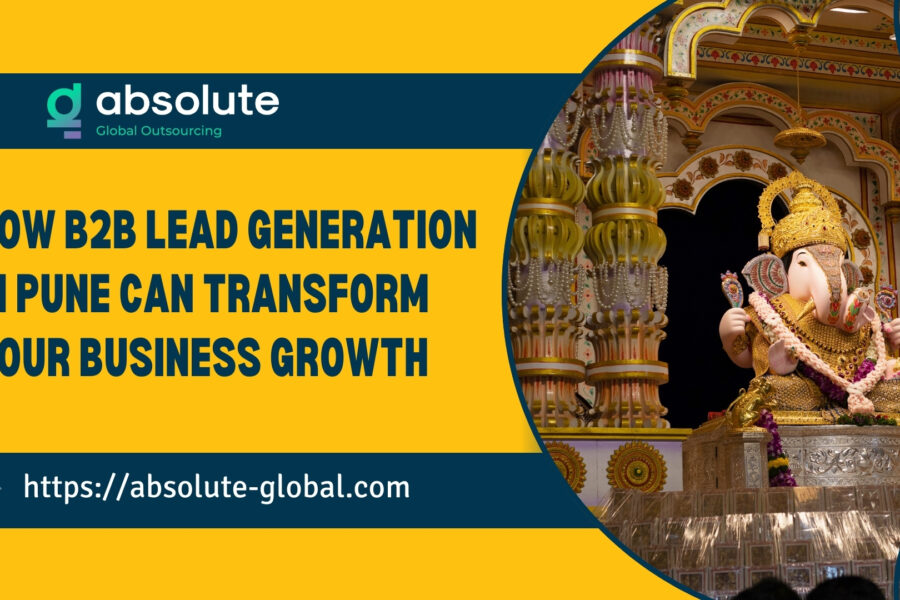
Table of Contents
Introduction
In the world of commerce, two primary business models dominate the landscape: B2B (Business-to-Business) and B2C (Business-to-Consumer). While both models involve selling products or services, their target audiences, sales processes, and marketing strategies differ significantly. Understanding the difference between B2B and B2C is crucial for developing effective business strategies and marketing approaches.
In this post, we’ll break down the key differences between B2B and B2C, helping you understand how each model works and which one aligns best with your business goals.
What is B2B (Business-to-Business)?
B2B refers to businesses that sell products or services to other businesses. The primary customers in B2B transactions are companies, organizations, or professionals looking for solutions that will improve their operations, increase productivity, or provide specific value.
Key Features of B2B
- Longer Sales Cycles: B2B transactions typically involve larger contracts and longer sales cycles, as decisions require approval from multiple stakeholders.
- Relationship-Oriented: Trust and long-term relationships play a critical role in B2B transactions, as businesses seek reliable partners for ongoing services.
- Customized Solutions: B2B clients often require tailored solutions to meet their unique needs, making customization and technical support vital.
What is B2C (Business-to-Consumer)?
B2C refers to businesses that sell products or services directly to individual consumers. These businesses cater to a mass market and focus on providing immediate value and satisfaction to everyday customers.
Key Features of B2C
- Shorter Sales Cycles: B2C purchases tend to happen more quickly, often with little to no research or consideration.
- Emotion-Driven Purchases: Consumers often make impulse purchases based on emotions, trends, or immediate needs.
- Mass Marketing: B2C businesses use broad marketing strategies like social media, advertising, and discounts to attract a large audience.
Key Difference Between B2B and B2C
1. Target Audience
- B2B: Targets businesses, organizations, or professionals.
- B2C: Targets individual consumers looking for personal use products.
2. Sales Cycle Length
- B2B: Typically involves longer sales cycles with more deliberation.
- B2C: Purchases are quicker and often based on impulse.
3. Decision-Making Process
- B2B: Involves multiple stakeholders and detailed decision-making processes.
- B2C: Consumers make individual decisions based on personal preferences.
4. Relationship Focus
- B2B: Long-term relationships are key for repeat business.
- B2C: Transactions are usually one-time purchases, with less emphasis on building long-term relationships.
5. Marketing Strategy
- B2B: Focuses on building trust, offering value-driven content, and demonstrating expertise.
- B2C: Utilizes mass marketing, emotional appeals, and wide-reaching campaigns to attract consumers.
Benefits of B2B
- Higher Value Contracts: B2B transactions often involve larger deals and higher value per customer.
- Long-Term Relationships: Building strong, long-term relationships with clients can lead to recurring revenue and sustained growth.
- Focused Marketing: B2B marketing allows for more targeted approaches, providing personalized solutions that address specific business needs.
Benefits of B2C
- Quick Sales Cycles: B2C sales happen faster, which means businesses can see immediate revenue.
- Wider Audience: B2C businesses can target a broader audience, increasing potential sales volume.
- Brand Loyalty: Consistent customer satisfaction can lead to brand loyalty and repeat customers.(Explore brand loyalty strategies).
Conclusion: Which Model is Right for You?
Understanding the difference between B2B and B2C is essential for business success. Whether you’re catering to businesses with high-value contracts or consumers looking for quick purchases, tailoring your strategy to your audience is key. Both models have their unique advantages, and choosing the right one depends on your product offering, target market, and business objectives.
FAQs
1. What is the primary difference between B2B and B2C?
The primary difference is the target audience. B2B serves businesses, while B2C serves individual consumers.
2. Is B2B or B2C better for my business?
It depends on your product or service. If you’re selling to companies or professionals, B2B is the better fit. If you’re targeting the general public, B2C is ideal.
3. Can a business be both B2B and B2C?
Yes, many businesses cater to both models. For example, software companies often sell to both businesses (B2B) and consumers (B2C).
difference between B2B and B2C
difference between B2B and B2C
difference between B2B and B2C
difference between B2B and B2C
difference between B2B and B2C
Read More Buy LinkedIn Accounts from MirrorProfiles.com: Everything You Need to Know




